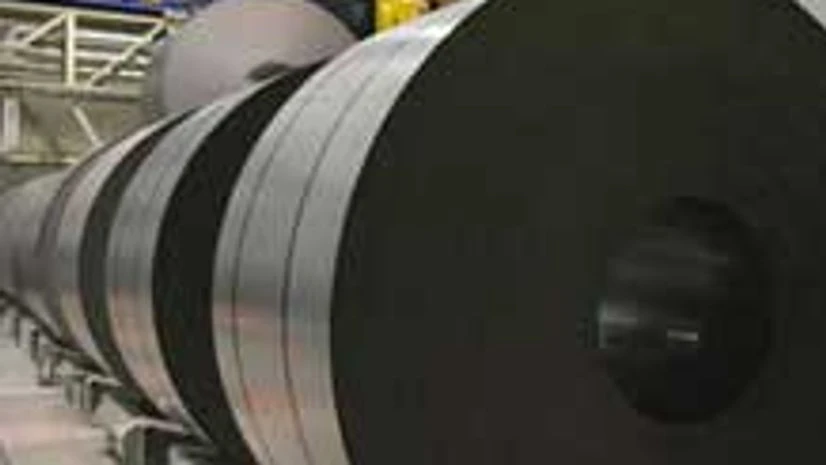The company is continuing its ‘fit for the future’ strategy that it started in 2009, which focuses primarly on disinvestment, asset restructuring and improving efficiencies.
The company is shutting loss-making businesses, merging subsidiary units and closing mothballed blast furnaces or re-opening those after upgradation.
A blast furnace in Port Talbot in southern Wales, which the company had idled in 2012, was brought back into production just two weeks ago after spending £185 million on its upgradation. “The start-up of the new furnace has enabled Tata Steel to restart its second hot strip mill in South Wales. In anticipation of the furnace restart, the Llanwern hot strip mill resumed production in December. The restarts give the company greater operational flexibility and enable it to better serve its customers,” Tata Steel Europe said.
In Asia, too, the company has embarked on ‘shedding weight’.
In Thailand, it has sold a part of Teesside Cast Products to Thai firm Sahaviriya Steel.
In 2010, Tata Steel sold all of the 27.03 per cent stake it held in Malaysia's Southern Steel Berhad through its NatSteel Holdings Pte Ltd for $72 million. The company had clearly said the sale was part of its strategy to restructure its portfolio and reconsider its position in areas where it did not have majority control. “The company would continue to explore opportunities to grow in south-east Asian businesses in the future,” it said.
In April 2011, the company decided to sell 51 per cent stake in Tata Refractories to Krosaki Harima Corporation, an associate of Nippon Steel of Japan for Rs 576 crore. In FY12, TRL Krosaki Refractories posted a profit of Rs 10 crore.
In a surprise move in June 2011, Tata Steel India exited Australia’s Riversdale Mining by selling its entire 26.27 per cent stake to Rio Tinto for $1.1 billion. The company reiterated its position and said, “As part of the ongoing review of the strategic investments of the company, the Tata Steel Board has considered the recent announcement by Rio Tinto Jersey Holdings 2010 to de-list Riversdale Mining after the increased shareholding to 73.2 per cent in Riversdale Mining. Tata Steel has decided that it would not hold its equity investment in Riversdale Mining which is proposed to be de-listed, without joint venture agreement with the majority shareholder in the unlisted Riversdale Mining.”

In July last year, Tata Steel decided to merge Tinplate Company of India and Tata Sponge Iron. Tinplate Company was an associate of Tata Steel India till 2010-11 and became a subsidiary from April 1, 2011. Tinplate Company reported a net profit of Rs 17 crore in FY12 and Tata Sponge clocked Rs 76 crore in the same year. Of the 12 major subsidiaries of Tata Steel, these two are among the top performing companies.
The profits of Tata Steel, its associates and subsidiaries were lower than a year earlier.

)
